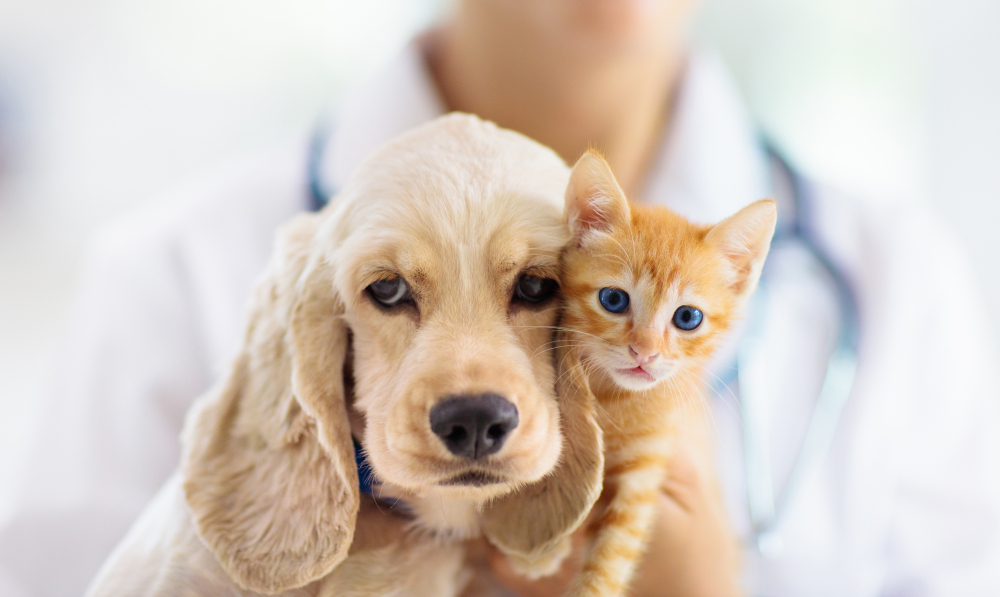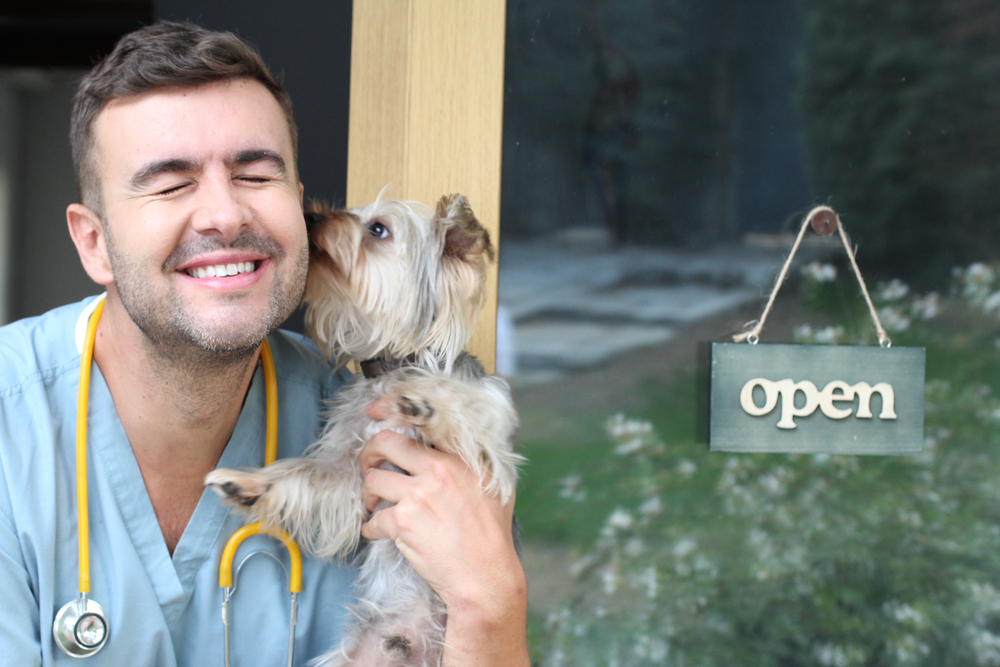As a pet owner, it’s important to ensure that your furry friend receives timely and appropriate medical care when needed. However, emergencies and illnesses can strike at any time, including on weekends when most veterinary clinics may have limited hours. So, are vets open on weekends? And what should you do if your pet requires urgent attention outside of regular business hours?
In this article, we’ll explore the typical weekend hours of veterinary clinics, as well as the options available for emergency care outside of regular hours. Whether you’re dealing with a sudden health issue or just looking for general guidance, read on to learn more about how to keep your pet healthy and happy even on weekends.
Table of Contents
Are Vets Open on Weekends?
The short answer is that it depends. While some veterinary clinics may be open on weekends, others may have limited hours or be closed entirely. In general, smaller clinics and those located in rural areas may be more likely to have limited hours on weekends, while larger clinics in urban areas may offer more comprehensive weekend services.
If you’re unsure whether your regular veterinarian is open on weekends, it’s a good idea to call ahead and check their hours. In some cases, they may have limited hours on weekends or may be closed entirely. Additionally, some veterinary clinics may offer weekend hours for routine appointments, but not for emergencies.
Weekend Hours of Veterinary Clinics
As mentioned, the hours of veterinary clinics on weekends can vary widely depending on the location and size of the clinic. However, some common weekend hours for veterinary clinics include:
- Saturday: 9am-12pm or 1pm-4pm
- Sunday: Closed
Keep in mind that these hours are just a general guide and may vary depending on the clinic. It’s always a good idea to call ahead and confirm the hours of any veterinary clinic you plan to visit on weekends.
Veterinary Clinics Open on Weekends in Rock Hill SC
Banfield Pet Hospital
Address: 1110 Hospitality Dr, Rock Hill, SC
Saturday – 8AM – 5PM
Sunday – 8AM – 5PM
Phone: +1 803-325-7901
Carolina Veterinary Specialists
Address: 760 Addison Ave, Rock Hill, SC
Saturday – 8AM – 6PM
Sunday – 8AM – 6PM
Rock Hill Animal Hospital
Address: 1825 W Main St, Rock Hill, SC
Saturday 9 AM–1PM
Sunday Closed
Phone: +1 803-324-7585
Catawba Animal Clinic
Address: 2241 India Hook Rd, Rock Hill, SC
Saturday 8 am–1 pm
Sunday Closed
Phone: +1 803-366-8188
Ebenezer Animal Hospital
Address: 2445 Ebenezer Rd, Rock Hill, SC 29732
Saturday 7:30 am–12 pm
Sunday Closed
Phone: +1 803-366-1950
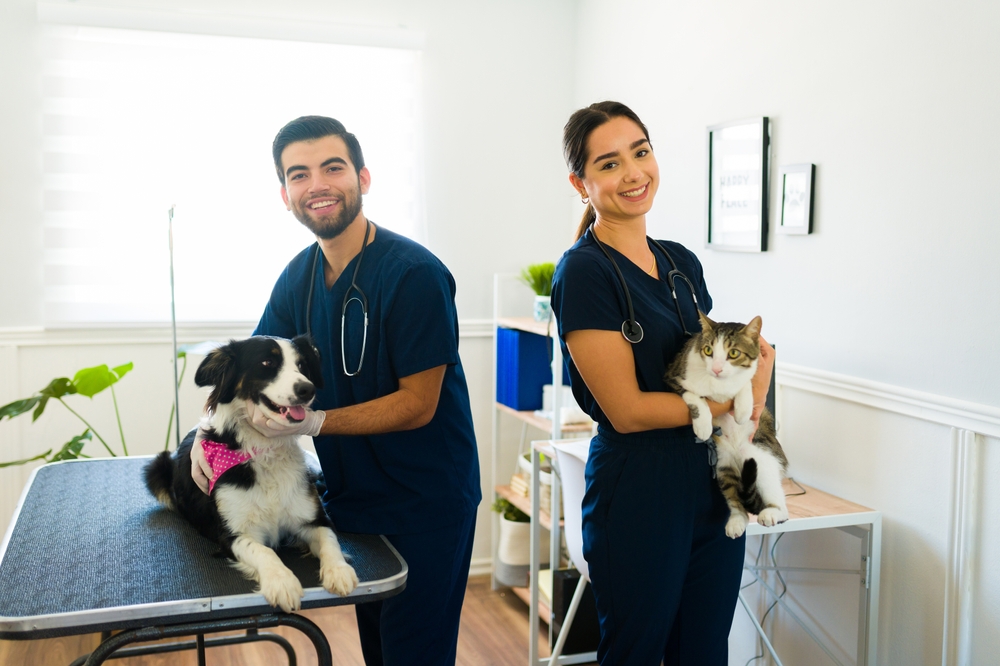
How to Find Emergency Care for Your Pet
If your pet requires emergency care outside of regular business hours, it’s important to act quickly and seek appropriate medical attention. Some options for emergency care for pets include:
- Emergency veterinary clinics: These clinics are specifically designed to handle emergencies and are often open 24 hours a day, 7 days a week.
- Animal hospitals: Some animal hospitals may offer emergency services outside of regular business hours.
- Mobile veterinary services: Some mobile veterinary services may offer emergency care for pets.
In addition to these options, it’s a good idea to have a plan in place for emergencies before they happen. This can include researching emergency veterinary clinics in your area, as well as saving the phone number of a trusted mobile veterinary service.
Tips for Dealing with Emergencies
Dealing with a pet emergency can be a stressful and emotional experience. To help prepare for these situations, here are some tips to keep in mind:
- Stay calm: While it can be difficult, it’s important to remain calm and level-headed in order to make clear decisions and provide appropriate care for your pet.
- Follow basic first aid: Depending on the situation, there may be some basic first aid measures you can take before seeking professional medical attention
- attention. This can include things like stopping bleeding, immobilizing broken bones, or administering CPR.
- Contact a veterinarian: Even if you’re not sure whether your pet needs emergency care, it’s always a good idea to call a veterinarian for guidance. They can help assess the situation and advise you on what to do next.
- Have a first aid kit on hand: It’s a good idea to keep a basic first aid kit for pets in your home, as well as in your car if you travel with your pet frequently. This kit should include things like bandages, antiseptics, and medications prescribed by your veterinarian.
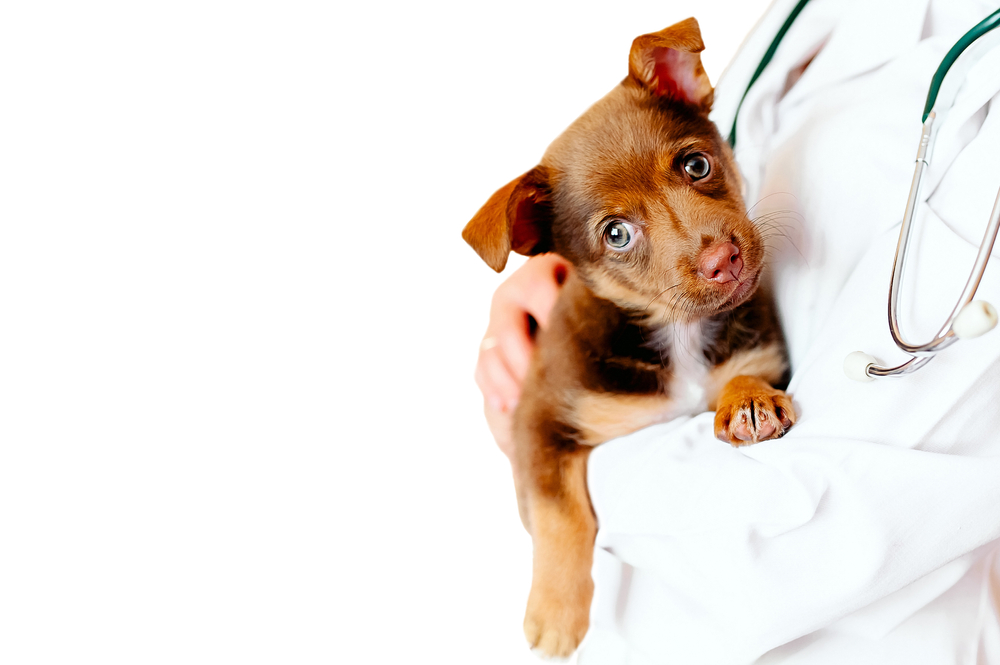
Preparing for Emergency Situations
While no one wants to think about their pet experiencing a medical emergency, it’s important to be prepared just in case. Here are some steps you can take to prepare for emergency situations:
- Research emergency veterinary clinics in your area: Take some time to research emergency veterinary clinics in your area and save their phone numbers in your phone or on a notepad. This way, you’ll have the information you need in case of an emergency.
- Create an emergency plan: Consider creating an emergency plan for your pet that includes things like a list of emergency contacts, directions to the nearest emergency veterinary clinic, and instructions for administering basic first aid.
- Have a backup plan: If you live in an area where emergency veterinary clinics are far away or difficult to access, consider having a backup plan in place. This could include contacting a mobile veterinary service or having a trusted friend or family member who can transport you and your pet to a veterinary clinic.
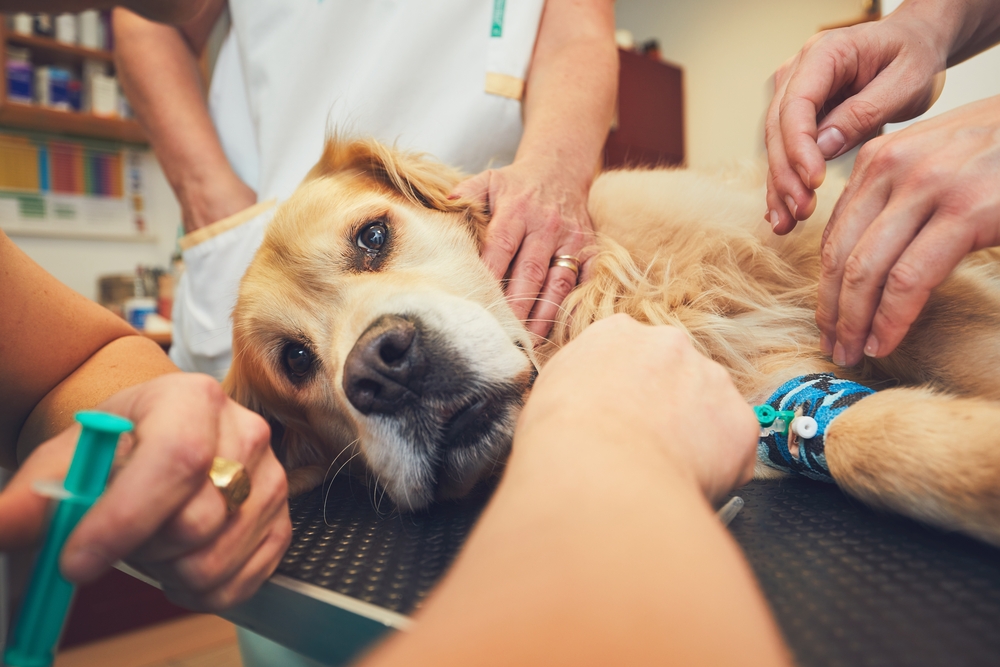
Common Weekend Emergencies for Pets
Some common emergencies that pets may experience on weekends include:
- Accidents: Pets may be more likely to experience accidents on weekends when they may have more opportunities to roam or play outdoors.
- Poisonings: Pets may be more likely to ingest harmful substances on weekends when their owners may be less vigilant or more likely to have guests over.
- Digestive issues: Changes in diet or routine on weekends may cause digestive issues for pets, such as vomiting or diarrhea.
- Behavioral issues: Pets may be more likely to experience behavioral issues on weekends when their owners may be more relaxed or less strict with their training.
Signs of a Pet Emergency
It’s important to be able to recognize the signs of a pet emergency so that you can act quickly and seek appropriate medical attention. Some signs of a pet emergency include:
- Difficulty breathing or shortness of breath
- Unconsciousness or seizures
- Bleeding that won’t stop
- Severe pain or discomfort
- Swollen or distended abdomen
- Pale gums
- Inability to urinate or defecate
If you notice any of these signs, it’s important to seek veterinary attention as soon as possible.
How to Respond to a Pet Emergency
If you believe your pet is experiencing a medical emergency, it’s important to act quickly and follow these steps:
- Stay calm and assess the situation: Try to stay calm and assess the situation to the best of your ability. This will help you make clear decisions and provide appropriate care for your pet.
- Contact a veterinarian: Contact a veterinarian or emergency veterinary clinic for guidance on what to do next. They can advise you on whether to bring your pet in for emergency care or provide instructions on basic first aid measures you can take at home.
- Transport your pet safely: If your pet requires emergency care, it’s important to transport them safely. This may involve using a pet carrier or blanket to immobilize them and keep them comfortable during transport.
- Follow instructions: Once you arrive at the veterinary clinic, follow the instructions of the veterinary staff.
